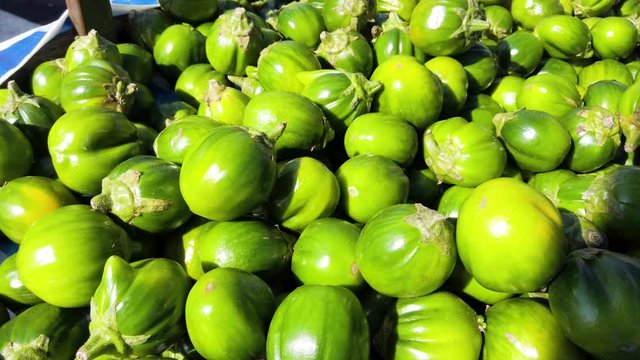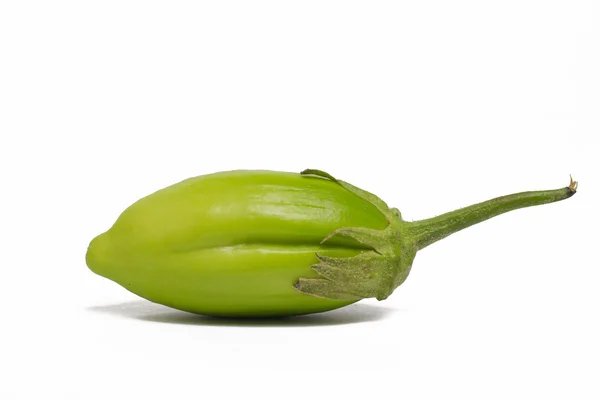Horticulturae, Free Full-Text
Por um escritor misterioso
Descrição
Solanum aethiopicum is a very important vegetable for both rural and urban communities in Africa. The crop is rich in both macro- and micronutrients compared with other vegetables and is suitable for ensuring food and nutritional security. It also possesses several medicinal properties and is currently employed in the treatment of high blood pressure, diabetes, cholera, uterine complaints as well as skin infections in humans. The crop is predominantly cultivated by traditional farmers and plays an important role in the subsistence and economy of poor farmers and consumers throughout the developing world. It also holds potential for dietary diversification, greater genetic biodiversity and sustainable production in Africa. Despite the numerous benefits the crop presents, it remains neglected and underutilized due to the world’s over-dependence on a few plant species, as well as the little attention in research and development it has received over the years. This review highlights the importance of S. aethiopicum, its role in crop diversification, reducing hidden hunger, the potential for nutritive and medicinal benefits, agricultural sustainability and future thrusts for breeding and genetic improvement of the plant species.

PDF) High Input Vegetable Cultivation in the Central Highlands of

PDF) Energy efficiency in a pear agroecosystem

The contributions of urban horticulture to cities' liveability and
ISHS presentation - IHC 2022
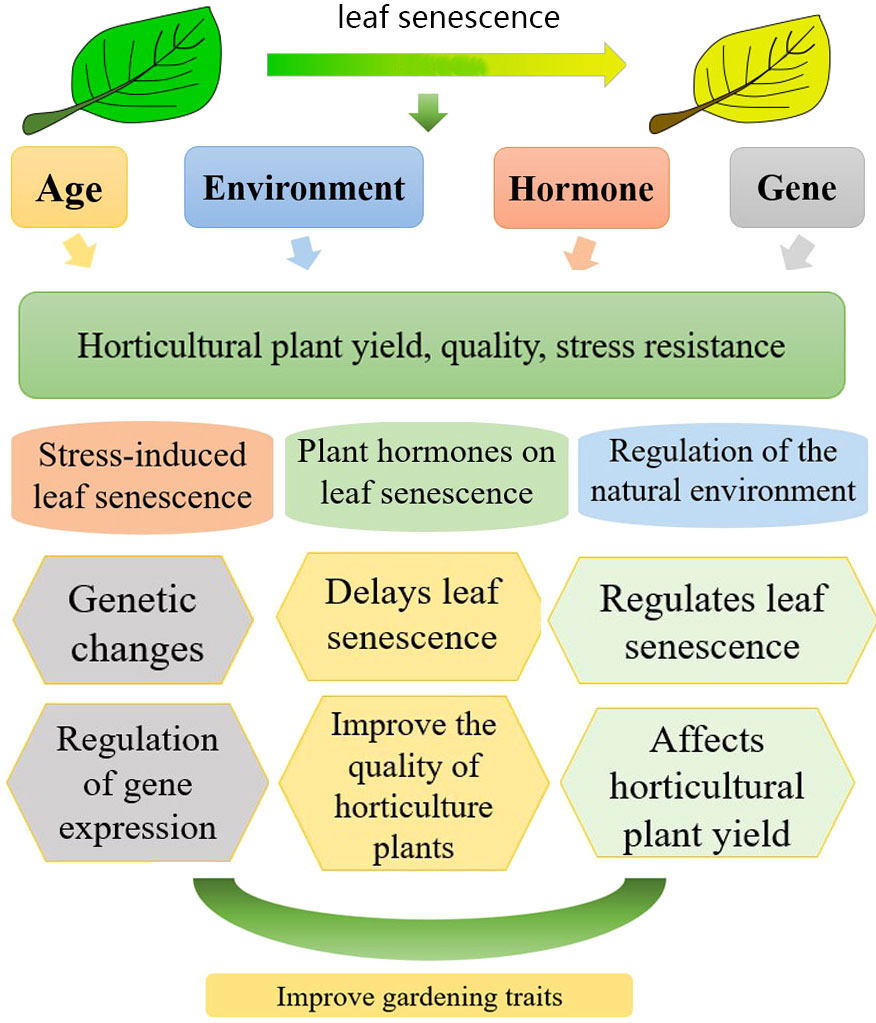
Frontiers Research progress on the relationship between leaf

ISHS presentation - IHC 2022

Climate-Resilient Horticulture: Adaptation and Mitigation

Farmland Biodiversity and the Footprint of Agriculture
Full article: Hydroponics: current and future state of the art in

European Journal of Horticultural Science
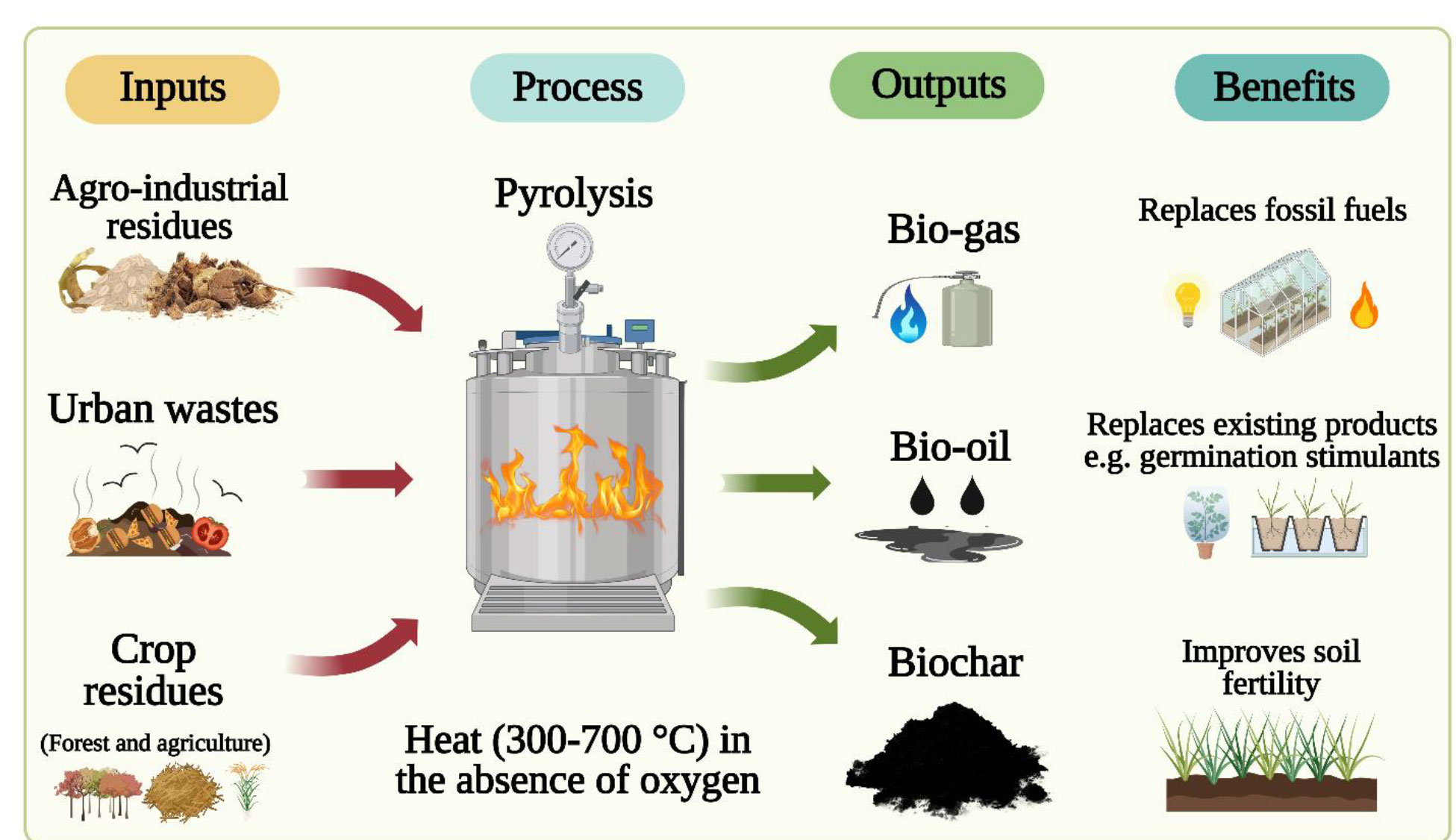
Frontiers Biochar: An emerging recipe for designing sustainable
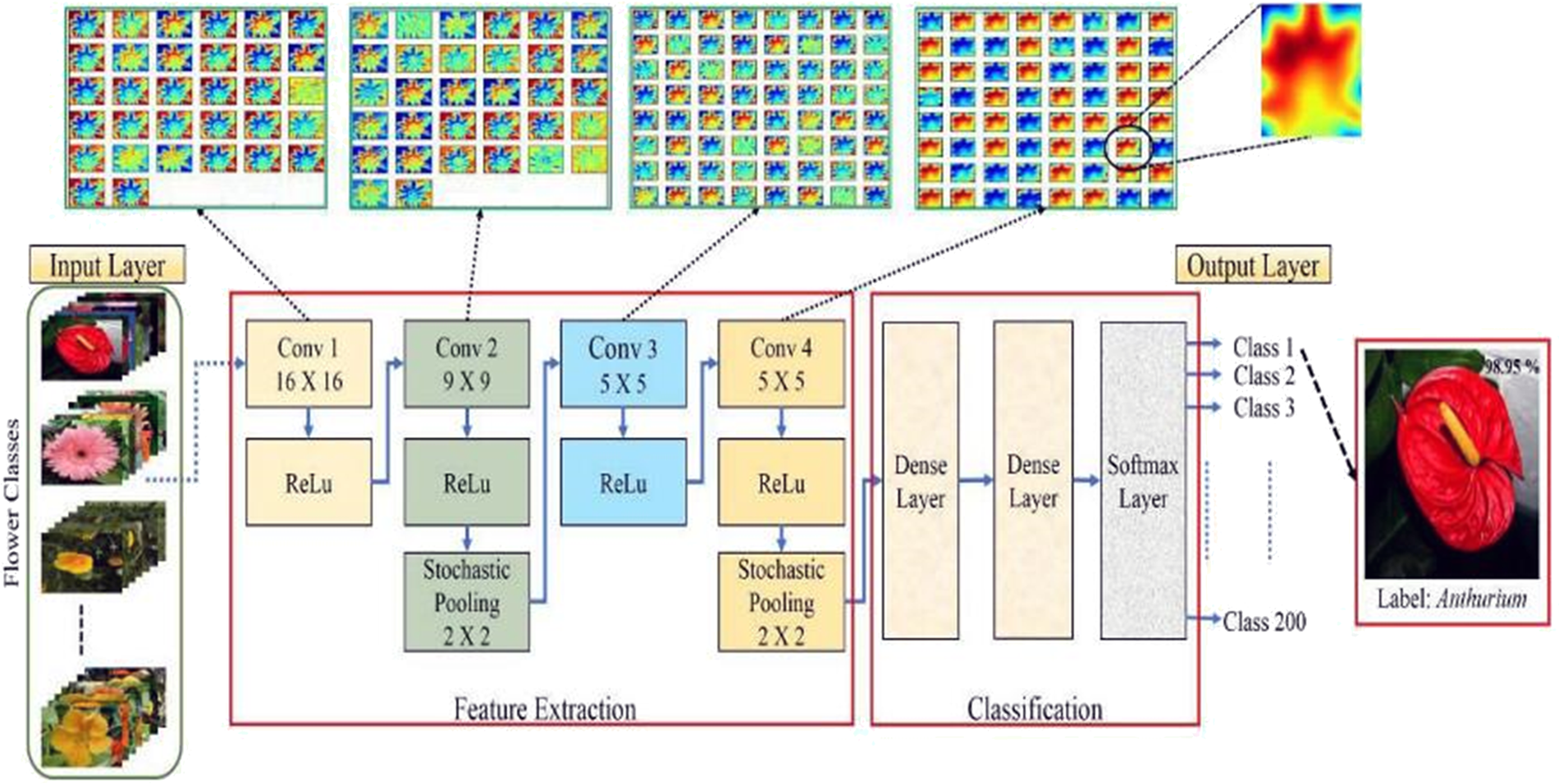
Applications of deep-learning approaches in horticultural research
de
por adulto (o preço varia de acordo com o tamanho do grupo)
